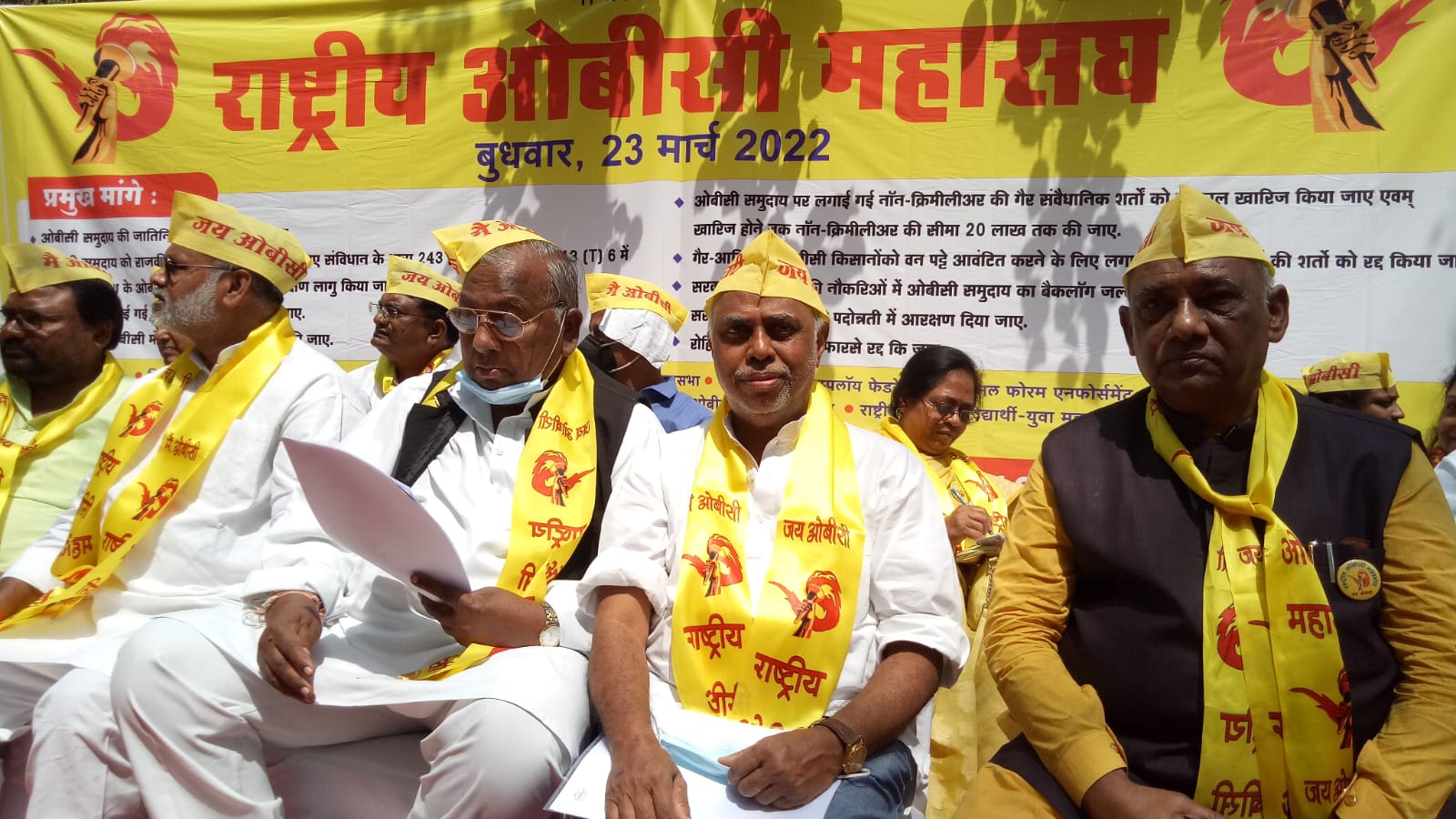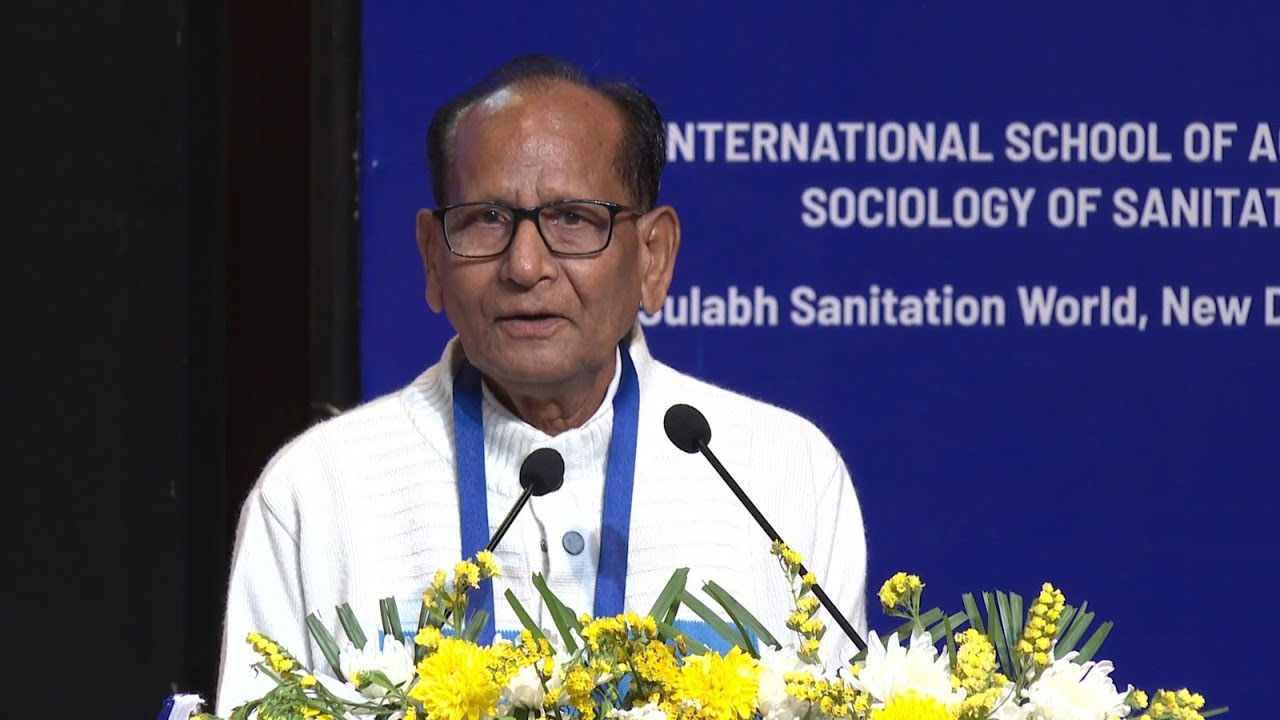With the general elections drawing closer, the Narendra Modi-led Bharatiya Janata Party (BJP) government has again raked up the issue of Uniform Civil Code (UCC). As always, the civil society is divided vertically on the issue. While one section cannot stop listing its pros, the other is brandishing its cons with equal vehemence. Muslims, Christians and other minority communities feel that UCC would be yet another step in the fulfilment of the Rashtriya Swayamsevak Sangh (RSS) agenda of a Hindu Rashtra. The Adivasis, who are already in dire straits due to displacement and are in the throes of an identity crisis, feel that UCC would rob them of the distinct identity secured by the Constitution.
The 22nd Law Commission has sought suggestions from the general public on the UCC. It is true that this is just the first step in the process and enacting UCC would take a long time, yet the Adivasis, who are already apprehensive that the RSS and its affiliates are trying to obliterate their identity, have begun protesting against the Law Commission’s move. They fear that the UCC would undermine their customary laws and rights. As always, Jharkhand has taken the lead in the protest, which has now spread to other parts of the country.
Prior to the Law Commission’s move, BJP Rajya Sabha member Kirori Lal Meena, on 9 December 2022, had moved a Private Member’s Bill in the Upper House, seeking enactment and enforcement of UCC. He didn’t stop at that. He also raised the issue of “delisting”, meaning that the Adivasis who have embraced Christianity should not be entitled to the reservation quota for the STs as conversion has stripped them of their culture, tradition and faith.

UCC threat to Adivasi-ism
The twin issues of UCC and “delisting” have always been dear to the RSS. And it would not be wrong to presume that these are a ruse, crafted by the Sangh Parivar, to destroy Adivasi culture, customs and traditions, and to take away their right to self-governance. Will Adivasis survive if their culture, customs, traditions and their right to self-governance are wiped out? They ask. Article 342 (1) and (2) empower the central government to add or remove any community from the Scheduled Tribes (STs). Once UCC comes into force, what would be the basis for exercising this right? How would the Adivasis get the special rights they are entitled to?
On 25 June 2023, representatives of different Adivasi organizations came together at Jharkhand’s capital Ranchi under the banner of the Adivasi Samanvay Samiti (ASS) to deliberate on the issue of UCC. The meeting unanimously decided to petition the Law Commission with the demand that the initiative on UCC be withdrawn. They also decided to launch an agitation on the issue. The Adivasi organizations believe that the RSS and its affiliates want to scrap the recognition given to the customary law and statutes such as Chota Nagpur Tenancy (CNT) Act, Santhal Pargana Tenancy (SPT) Act, PESA Act, the Fifth Schedule of the Constitution and the Adivasi laws pertaining to marriage and divorce.
Dev Kumar Dhan, a member of the SAS, said that they have written to the Law Commission, requesting it to roll back its groundwork for the UCC. The SAS is of the view that enactment of UCC would endanger the identity of the Adivasis all over the country. The meeting also decided that Adivasi communities from Jharkhand would hold a joint demonstration at Raj Bhavan, Ranchi, on 5 July 2023 and would submit a memorandum to the governor requesting him to urge the Centre to abandon the idea. If the central government does not give in to their demand, they will mobilize Adivasi communities from all over the country for a demonstration in New Delhi.
Prem Shahi Munda, president of the Adivasi Jan Parishad (AJP), said that the Adivasis have deep attachment with their land and they fear that UCC would adversely impact two key laws – the CNT Act and the SPT Act. Both the laws protect the right of the Adivasis to their lands and efforts have been made in the past to amend them.
The Nagaland Tribal Council (NTC) has also opposed the UCC. It argues that UCC would undermine the provisions of Article 371A of the Constitution which says that “no Act of Parliament in respect of 1) religious or social practices of the Nagas, 2) Naga customary law and procedure, 3) administration of civil and criminal justice involving decisions according to Naga customary law, and 4) ownership and transfer of land and its resources, shall apply to the State of Nagaland unless the Legislative Assembly of Nagaland by a resolution so decides”. The NTC demanded that Nagaland be excluded from the purview of the UCC so that the “hard-earned inalienable provisions” of Article 371A remain undisturbed.
Meghalaya’s Khasi Hills Autonomous District Council (KHADC), on 24 June 2023, passed a resolution against the UCC. Pyniaid Sing Syiem, chief executive member of the KHADC, said that the UCC would affect the customs, traditions, practices and religious freedom of the Khasi community. Khasis are among the communities which have been granted special rights under Article 371A. The Khasis are a matrilineal community where the youngest daughter becomes the custodian of the family property and a child is given the surname of their mother. Mizoram, another northeastern state with a predominantly tribal population, has been opposing UCC even before the Law Commission started seeking suggestions on the proposed legislation. The state assembly had passed a resolution in February 2023, saying that any step in the direction of enforcing UCC would be strongly opposed.
What does the Constitution say?
Article 44 of the Constitution states, “The State shall endeavour to secure for the citizens a Uniform Civil Code throughout the territory of India.” This means that the government may enact a common law for different communities on subjects which are presently administered under their respective personal laws.
A common code for all Indians was first mooted in 1835. A report presented in that year had proposed a uniform code on subjects such as crime, evidence and contract. However, it had recommended that the Hindu and Muslim personal laws should be excluded from the purview of the proposed uniform code. As the number of cases pertaining to personal laws began burgeoning, the government, in 1941, constituted B.N. Rao committee to codify Hindu laws. On the basis of the report of the committee, the Hindu Succession Act was enacted in 1956. However, the personal laws of Muslims, Christians and Parsis remained intact.
(Translated from the original Hindi by Amrish Herdenia)
Forward Press also publishes books on Bahujan issues. Forward Press Books sheds light on the widespread problems as well as the finer aspects of Bahujan (Dalit, OBC, Adivasi, Nomadic, Pasmanda) society, culture, literature and politics. Contact us for a list of FP Books’ titles and to order. Mobile: +917827427311, Email: info@forwardmagazine.in)





